Carb free diet
Carbohydrates are an important part of a healthy diet. They provide energy and are essential for proper brain function. It’s important to choose healthy sources of carbohydrates, such as whole grains, fruits, vegetables, legumes, and dairy products, rather than relying on processed or sugary foods.
Healthy sources of carbohydrates include:
- Whole grains (e.g. brown rice, quinoa, whole wheat bread)
- Fruits
- Vegetables
- Legumes (e.g. lentils, chickpeas, black beans)
- Dairy products (e.g. milk, yogurt)
Skipping fruit
While fruits do contain natural sugars, they are still a healthy choice because they also provide fiber, vitamins, and minerals. It’s important to eat fruits in moderation and choose a variety of fruits to get a range of nutrients.
While fruits do contain natural sugars, they are still a healthy choice because they also provide fiber, vitamins, and minerals. It’s important to eat fruits in moderation and choose a variety of fruits to get a range of nutrients.
Snacking in place of real meals
Skipping a balanced meal is not recommended as it can lead to nutrient deficiencies and an imbalanced diet. It’s important to prioritize balanced meals and snacks that provide nutrients and energy to support your body’s needs throughout the day.
Frequent snacking is not ideal as it can lead to overconsumption of calories and make it difficult to maintain a healthy weight. It’s important to prioritize balanced meals and snacks that provide nutrients and energy to support your body’s needs throughout the day.
Prolonged starvation
Prolonged fasting or intermittent fasting is not recommended for everyone, especially those with certain health conditions or who are pregnant or breastfeeding. It’s important to consult with a healthcare professional to determine if fasting is safe for you and to create an appropriate plan. Additionally, it’s important to prioritize balanced meals and snacks that provide nutrients and energy to support your body’s needs throughout the day.






